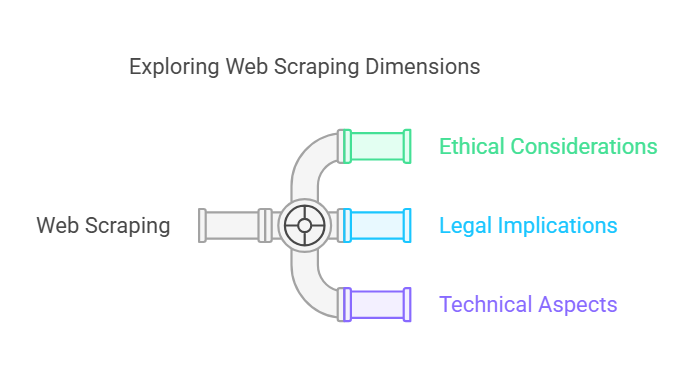can i scrap khan academy
can i scrap khan academy Web scraping, the process of extracting data from websites, has gained significant traction in recent years due to its utility in gathering large datasets for research, analysis, and various other purposes. While scraping can be a powerful tool, it often raises legal and ethical questions, especially when it involves websites that provide educational content, like Khan Academy. This article delves into whether scraping Khan Academy is permissible, the challenges involved, and alternatives to consider for obtaining the data you need.

Understanding Khan Academy and Its Offerings
Khan Academy is a non-profit educational platform that provides free, high-quality video lessons and exercises covering subjects such as mathematics, science, history, and economics. With millions of users globally, Khan Academy has become a vital resource for learners of all ages. The platform’s content is publicly accessible, but that doesn’t mean it’s free for all uses, especially when it comes to automated processes like scraping.
What Is Web Scraping?
Web scraping is a method of extracting large amounts of data from websites through automated scripts or bots. This can include text, images, videos, and other resources. While some websites allow web scraping through their terms of service, many platforms, especially those offering valuable content like Khan Academy, have strict policies in place to prevent it.
Legal Considerations of Scraping Khan Academy
Before considering scraping Khan Academy, it’s essential to understand the legal landscape surrounding web scraping. Web scraping can infringe on intellectual property rights, terms of service agreements, and privacy laws. Khan Academy, like many websites, has a set of terms and conditions that govern the use of its content.
- Terms of Service: Khan Academy’s terms explicitly prohibit scraping and any unauthorized use of its content. This includes both automated scraping and bulk downloading of videos, exercises, or other educational materials. Violating these terms could lead to legal actions, including account suspension or legal charges.
- Intellectual Property Rights: Khan Academy owns the content provided on its platform, including videos, texts, and interactive exercises. Scraping this content without permission could potentially infringe on their intellectual property rights, subjecting the scraper to legal consequences.
- Privacy Laws: If web scraping involves personal data collection (such as user information or feedback), it may violate privacy regulations, including GDPR in the EU or CCPA in California, depending on the region.
Ethical Implications of Scraping Educational Content
Even if scraping were legally permissible (which, as mentioned, it likely isn’t for Khan Academy), there are significant ethical concerns to consider. Educational platforms like Khan Academy are designed to make learning accessible to everyone, often without cost. Scraping their content without consent may undermine the platform’s business model and discourage further investment in free educational resources.
- Fair Use: While certain limited uses of content may fall under “fair use,” scraping a site to collect and redistribute educational material typically does not qualify as fair use, especially when the intention is to monetize or redistribute the data.
- Impact on Server Resources: Scraping can place a heavy load on the server, causing slowdowns or even outages for legitimate users. This is a significant ethical concern, as it may hinder access to educational content for other users.
Alternatives to Scraping Khan Academy
While scraping may not be an option, there are legal and ethical alternatives to gather educational resources or data from Khan Academy.

